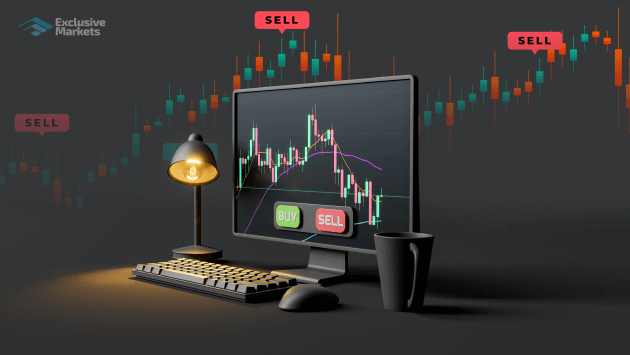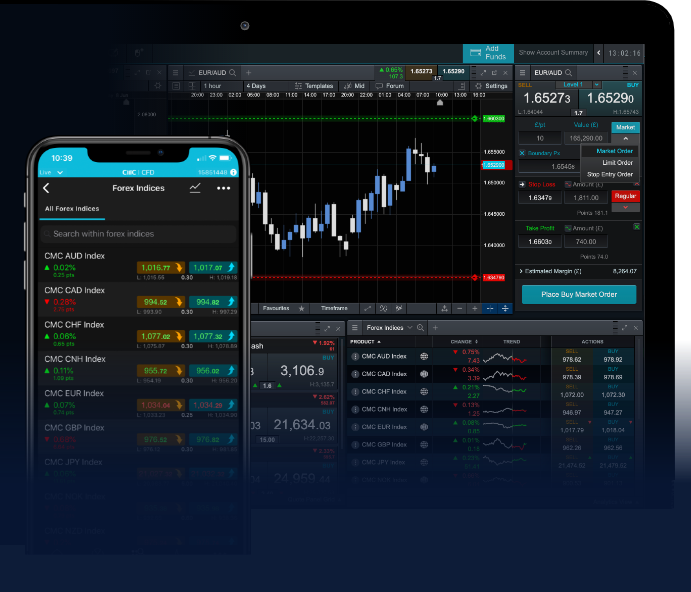
Forex trading can be an exciting and potentially lucrative venture, but it comes with its own set of challenges, especially when it comes to managing your taxes. Whether you’re a seasoned trader or a beginner, understanding the tax implications of your trading activities is crucial. This is where a forex trading tax calculator Nigerian Trading Platforms Forex trading tax calculator comes into play. In this article, we will explore the importance of using a tax calculator for your Forex trading activities, how it works, and some best practices to optimize your trading profits while remaining compliant with tax regulations.
Understanding Forex Trading and Tax Obligations
Forex, or foreign exchange, trading involves the buying and selling of currency pairs with the aim of making a profit. As you engage in Forex trading, you generate profits and incur losses. In most countries, these profits and losses are considered taxable income. The tax rates and regulations can vary significantly based on your jurisdiction, making it essential to have a clear understanding of your tax obligations.
The Role of a Forex Trading Tax Calculator
A Forex trading tax calculator is a valuable tool that helps traders calculate their tax liabilities based on their trading activities. These calculators consider various factors, including your total gains, losses, and the specific tax laws applicable in your region. Using a tax calculator can save you time and reduce the risk of errors that could lead to potential penalties from tax authorities.

Key Features of a Forex Trading Tax Calculator
When selecting a Forex trading tax calculator, look for the following key features:
- Accurate Calculation: The calculator should accurately compute profits and losses from your trading activities based on real-time data.
- Integration with Trading Platforms: Ideally, the calculator should integrate seamlessly with your trading platform to pull data automatically.
- Tax Scenario Modeling: It should allow you to model different tax scenarios based on varying income levels and capital gains.
- User-Friendly Interface: The calculator should have a straightforward interface that allows users to input their data easily.
Steps to Use a Forex Trading Tax Calculator
Using a Forex trading tax calculator typically involves a few simple steps:
- Gather Your Trading Data: Collect all relevant information about your trades, including dates, currency pairs, trade amounts, and prices.
- Input Data into the Calculator: Enter your trading data into the calculator. Pay close attention to ensure accuracy.
- Review the Tax Estimates: After inputting your data, the calculator will provide you with estimates of your capital gains, losses, and potential tax liabilities.
- Adjust as Necessary: If you operate under different tax scenarios (e.g., long-term vs. short-term capital gains), use the calculator’s features to adjust and model those scenarios.
- Consult with a Tax Professional: Finally, it’s always advisable to consult with a tax professional to ensure all calculations are compliant with local laws.

Tax Implications for Forex Traders
For Forex traders, tax implications can vary widely based on your country’s tax laws. In some jurisdictions, Forex trading profits may be classified as regular income, while in others, they may be considered capital gains. Furthermore, traders may have to report profits and losses on their tax returns regularly. Understanding which category your trading falls into will help you better prepare for tax season and avoid any surprises.
Strategies to Optimize Your Tax Obligations
There are several strategies Forex traders can employ to optimize their tax obligations:
- Track Everything: Maintain detailed records of all your trades, including dates, amounts, and trade outcomes. Accurate record-keeping can help ensure you report the correct figures come tax time.
- Utilize Losses: Offset profits with any trading losses you have incurred during the year. This strategy can help minimize your overall tax liability.
- Consider Holding Periods: If your jurisdiction differentiates between long-term and short-term capital gains, consider holding your trades for longer periods when it’s advantageous.
- Contribute to Retirement Accounts: Consider using tax-advantaged accounts, such as IRAs or 401(k)s, depending on your country, to defer taxes on your trading profits.
Conclusion
The Forex market offers numerous opportunities for traders, but it also comes with significant responsibilities, particularly regarding tax compliance. A Forex trading tax calculator can be an invaluable tool in managing your trading profits and understanding your tax obligations. By accurately calculating your gains and losses, you can make informed decisions that not only enhance your trading performance but also ensure you remain compliant with local tax laws. Always remember to consult a tax professional to navigate the complexities of taxation related to Forex trading effectively.
